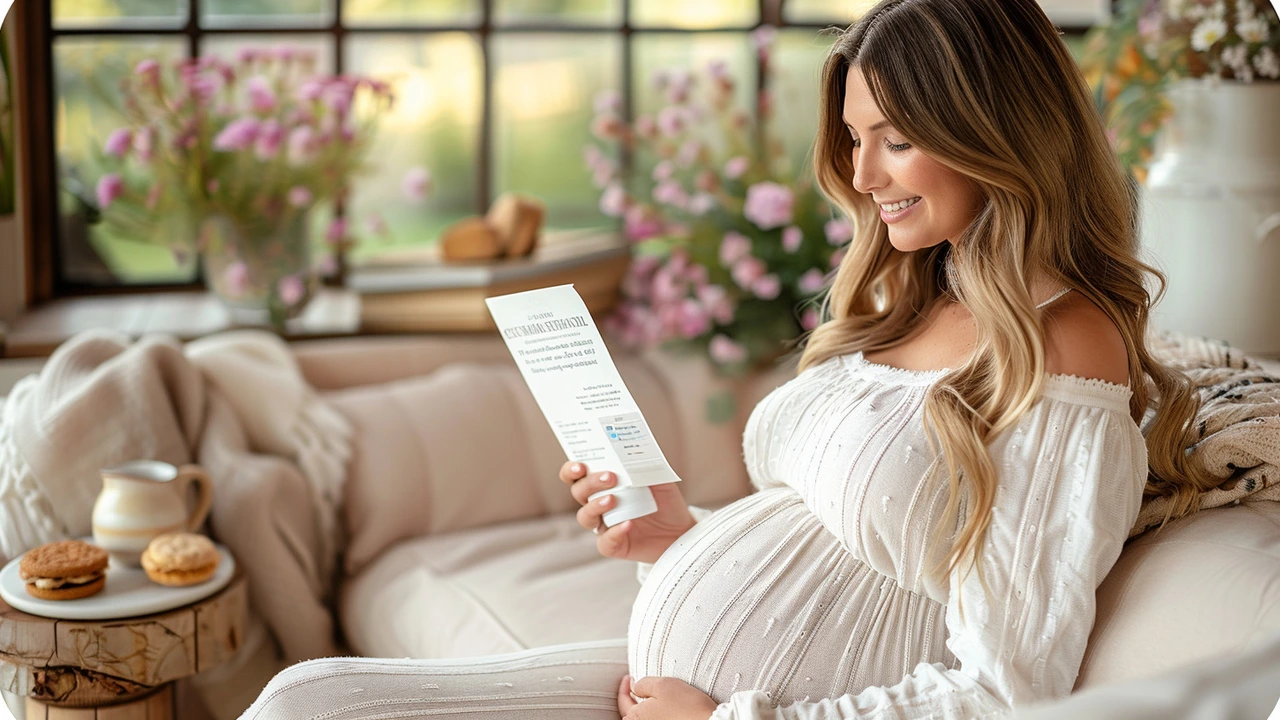Expectant mothers: medication safety, home prep, and smart choices
Pregnancy changes everything — including how you think about medicines, supplements, and your home. Want straightforward, no-nonsense tips to keep you and your baby safe? Read on. This page pulls together practical advice about common drugs, buying prescriptions online, and getting your home ready for a newborn.
Medication safety during pregnancy
Some drugs are safe in pregnancy, some need monitoring, and a few you should avoid entirely. For example, methotrexate and warfarin (Coumadin) are known to cause serious harm to a developing fetus — never take them if you’re pregnant or trying to get pregnant unless your specialist says otherwise. Antidepressants like venlafaxine (Effexor) can be used in pregnancy, but they require a careful risk–benefit talk with your doctor. Topical medicines such as pimecrolimus (Elidel) also deserve a review with your clinician because data can be limited.
Don’t stop or switch prescribed medicines on your own. If you’re worried about side effects or long-term risks, ask your prescriber for alternatives and a clear plan. If a specialist suggests switching drugs (for example, changing steroids or disease-modifying drugs in rheumatology), request a timeline, monitoring plan, and who to call for problems.
Supplements matter too. Take a prenatal vitamin with folic acid before conception and through early pregnancy to reduce neural tube defect risk. If you’re considering herbal or performance supplements (like BCAAs or herbal roots), check with your provider — ‘‘natural’’ doesn’t always mean safe in pregnancy.
Buying prescriptions online & preparing your home
Want to buy meds online? Pick a licensed pharmacy that requires a real prescription, shows a physical address and phone number, and has verifiable reviews. Avoid sellers who offer prescription-only drugs without asking for a script. If cost is an issue, ask your pharmacist about coupons or patient assistance programs — some drugs like valacyclovir have coupon cards that cut costs at the register.
Now about the house: start by making safe sleep space a priority. Use a firm crib mattress, remove loose bedding and toys from the crib, and follow current safe-sleep guidelines. Install smoke and carbon monoxide detectors, and secure furniture to walls before your baby starts pulling up. Stock a small kit with diapers, a thermometer, basic meds approved by your pediatrician, and contact info for your care providers.
Plan postpartum support—who will help with meals, baby care, and household tasks? Line up your pediatrician and check insurance coverage for breastfeeding help or lactation consultants if you plan to nurse. Simple prep now reduces stress later.
Have questions about a specific medicine or a product you found online? Print this page and talk it over with your OB/GYN, pharmacist, or family doctor. Your care team can help weigh risks, suggest safer alternatives, and set up monitoring so you stay healthy while your baby grows.

Oxymetazoline Hydrochloride During Pregnancy: Essential Info for Expectant Mothers
This article dives into the essential information about using Oxymetazoline Hydrochloride during pregnancy. We will explore safety concerns, potential risks, and offer useful tips for expectant mothers who may need relief from nasal congestion.
Read more